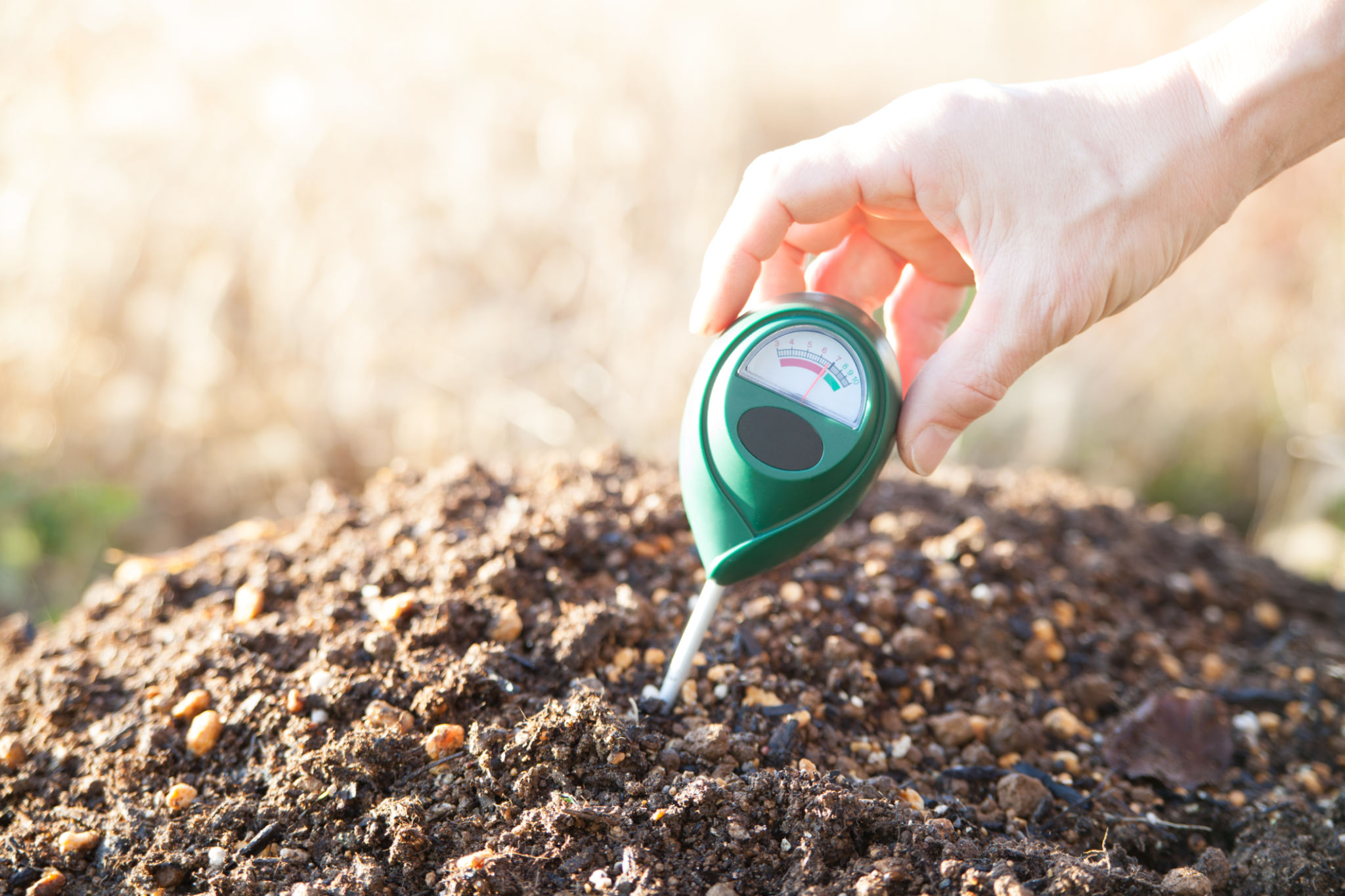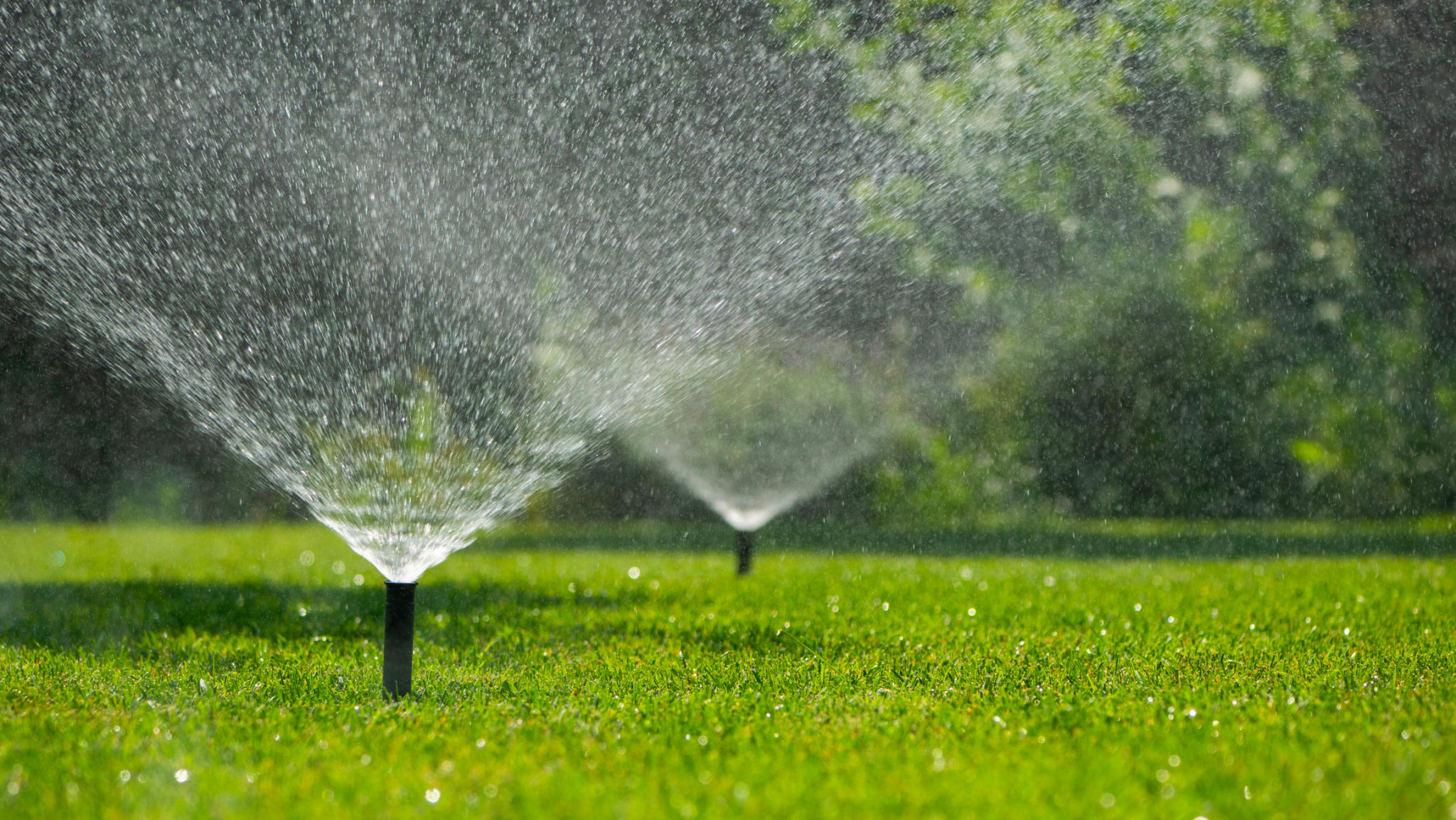Top Tips for Selecting the Right Agricultural Inputs in Ghana
Understanding Your Soil Needs
One of the first steps in selecting the right agricultural inputs is to understand the specific needs of your soil. Conducting a soil test is crucial as it provides valuable insights into the nutrient composition and pH levels of your soil. This information will guide you in choosing the most suitable fertilizers and amendments to enhance soil fertility.

Choosing the Right Seeds
The choice of seeds can significantly impact crop yield and quality. When selecting seeds, consider factors such as climate compatibility, resistance to pests and diseases, and maturity period. Opt for certified seeds from reputable suppliers to ensure high germination rates and vigor.
Hybrid vs. Open-Pollinated Seeds
It's important to understand the difference between hybrid and open-pollinated seeds. Hybrid seeds are bred for specific traits such as higher yield, while open-pollinated seeds are often preferred for their genetic diversity. Choose based on your farming goals and market demands.

Investing in Quality Fertilizers
Fertilizers play a critical role in boosting crop productivity. In Ghana, it's essential to select fertilizers that complement your soil's nutrient needs. Consider using a balanced fertilizer that contains nitrogen, phosphorus, and potassium in appropriate ratios for your crops.
Organic vs. Inorganic Fertilizers
Decide whether to use organic or inorganic fertilizers based on your farming practices and sustainability goals. Organic fertilizers improve soil health over time, while inorganic fertilizers offer quick nutrient release. A combination of both might be beneficial for optimal results.

Selecting Effective Pesticides
Pest control is a vital component of successful farming. Choose pesticides that effectively target specific pests without harming beneficial insects. Always adhere to recommended application rates and safety guidelines to protect both crops and the environment.
Integrated Pest Management (IPM)
Consider implementing Integrated Pest Management strategies that combine biological, cultural, and chemical methods to manage pest populations sustainably. This approach reduces reliance on chemical pesticides and promotes ecological balance.
Water Management Techniques
Efficient water management is essential for crop growth, especially in regions with variable rainfall patterns. Implement irrigation systems that conserve water while ensuring adequate supply to crops. Drip irrigation is a recommended method for its precision and water-saving benefits.

In conclusion, selecting the right agricultural inputs requires careful consideration of various factors such as soil needs, seed selection, fertilizer application, pesticide use, and water management. By making informed decisions, farmers in Ghana can enhance productivity, ensure sustainability, and contribute to food security.
